The International Monetary Fund (IMF) recently voted to grant a crucial $1 billion disbursement to Pakistan. This money forms a vital piece of their ongoing financial assistance program. You might think such large funds would enjoy broad support among world powers, but India stands firmly against this money going forward.
IMF Approves $1 Billion: Financial Relief Amidst Regional Tensions
Pakistan will begin using these funds to shore up its faltering economy after months of tough negotiations. You could argue this money helps stabilize the South Asian region, but India raises major concerns about where these funds might eventually go. The board voted to approve the third review under Pakistan’s $7 billion Extended Fund Facility (EFF) arrangement despite these regional objections.
Economic experts point out that Pakistan faces severe fiscal challenges which these funds would partly solve. You should note that inflation rates within the country remain alarmingly high while their foreign reserves barely cover essential imports. These money issues affect daily lives of ordinary citizens who await relief from these harsh economic conditions.
- Pakistan received confirmation of approval on Tuesday
- The total IMF package stands at $7 billion over 36 months
- This marks the third successful review of economic progress
IMF Approves $1 Billion: India’s Objections Over Terror Funding
India has taken great steps to voice serious concerns about this financial assistance. Their chief worry stems from fears about terror funding activities they claim to operate from Pakistani-controlled areas. You might recall numerous border incidents that have caused diplomatic strain between these nuclear-armed neighbors over many years.
The Indian government points to what they describe as Pakistan’s history of allowing militant groups to operate within their borders. These claims form the basis for their formal objection to the IMF board about the latest money transfer.
“We have continuously raised issues regarding Pakistan’s support for cross-border terrorism,” stated an Indian foreign ministry spokesperson during their weekly press briefing. You would understand why this creates tension when considering the history between these nations spanning decades of conflict.
Pakistan’s Economic Recovery Plan
Under this fresh money approval, Pakistan agrees to continue implementing tough fiscal reforms their economy badly needs. These steps include reducing government subsidies, increasing their tax revenue through broader collection efforts, and making power sector improvements.
Finance Minister Muhammad Aurangzeb notes that these funds would boost investor confidence in their struggling economy. You could see immediate positive effects reflected in their stock market which jumped following news about this IMF approval coming through.
“This money helps us maintain economic stability while we apply reforms,” Aurangzeb stated after the board’s decision became public. These funds offer breathing space for Pakistan’s economy, which faces numerous challenges including:
- High inflation reaching over 20%
- Dwindling foreign exchange reserves
- Growing external debt obligations
IMF Approves $1 Billion: Regional Security Implications
The ongoing fiscal crisis raises valid fears about Pakistan’s ability to control extremist elements without a stable economic footing. You might wonder whether India’s concerns about money potentially flowing to terrorist organizations have merit given these economic pressures.
Security analysts point out that economic instability often breeds greater social unrest within border areas where militant groups find ready recruits. These regions along the disputed Kashmir border remain particularly tense with frequent cross-border incidents reported by both nations.
Financial stability could either improve security through better governance or provide excess funds that might reach problematic groups – which exact outcome occurs remains hotly debated among regional experts.
Global Financial Institutions Balance Politics and Economics
IMF officials stress that their focus stays solely on economic criteria when making these funding decisions. Their money comes with strict conditions requiring regular progress reviews before each disbursement gets approved.
“Our focus remains on helping Pakistan achieve macroeconomic stability,” said Julie Kozack, IMF Director of Communications. You would expect such large financial institutions to consider geopolitical concerns, but they maintain their mandate centers on economic stability rather than regional politics.
This money transfer highlights the complex balance between economic assistance and security concerns that international financial institutions must navigate. These organizations often find themselves caught between competing national interests while trying to fulfill their primary mission of providing financial stability.
Looking Forward
With this third review completed and money now flowing, Pakistan faces three more evaluations before completing its current IMF program. These funds provide temporary relief but long-term economic health requires sustained reforms their government has promised to implement.
You should watch closely whether Pakistan fulfills these economic promises while addressing India’s security concerns. Their ability to balance these competing demands will shape regional stability for years ahead.
Economic recovery might help reduce extremism by providing better opportunities for young people across Pakistan. These programs could potentially address root causes that often drive recruitment into militant organizations operating in border regions.
While money flows now, the true test remains whether Pakistan can transform its economy while simultaneously addressing regional security concerns that their neighbors continue raising on international stages.


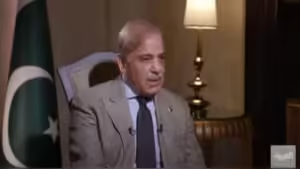



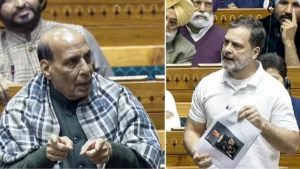
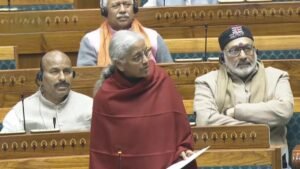
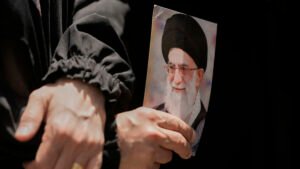
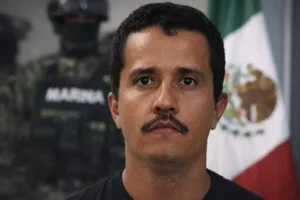


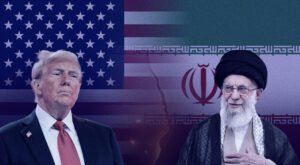
Be First to Comment